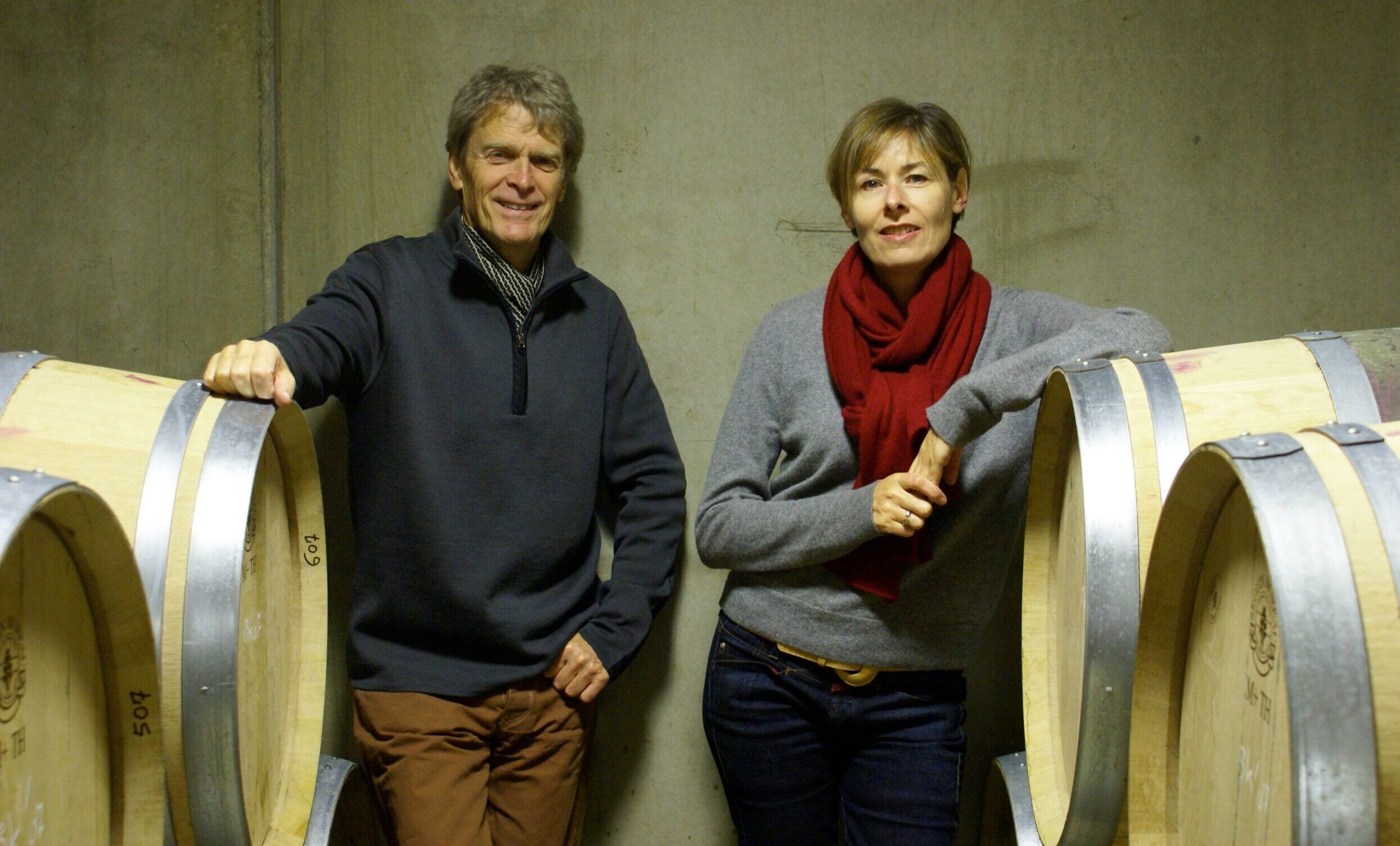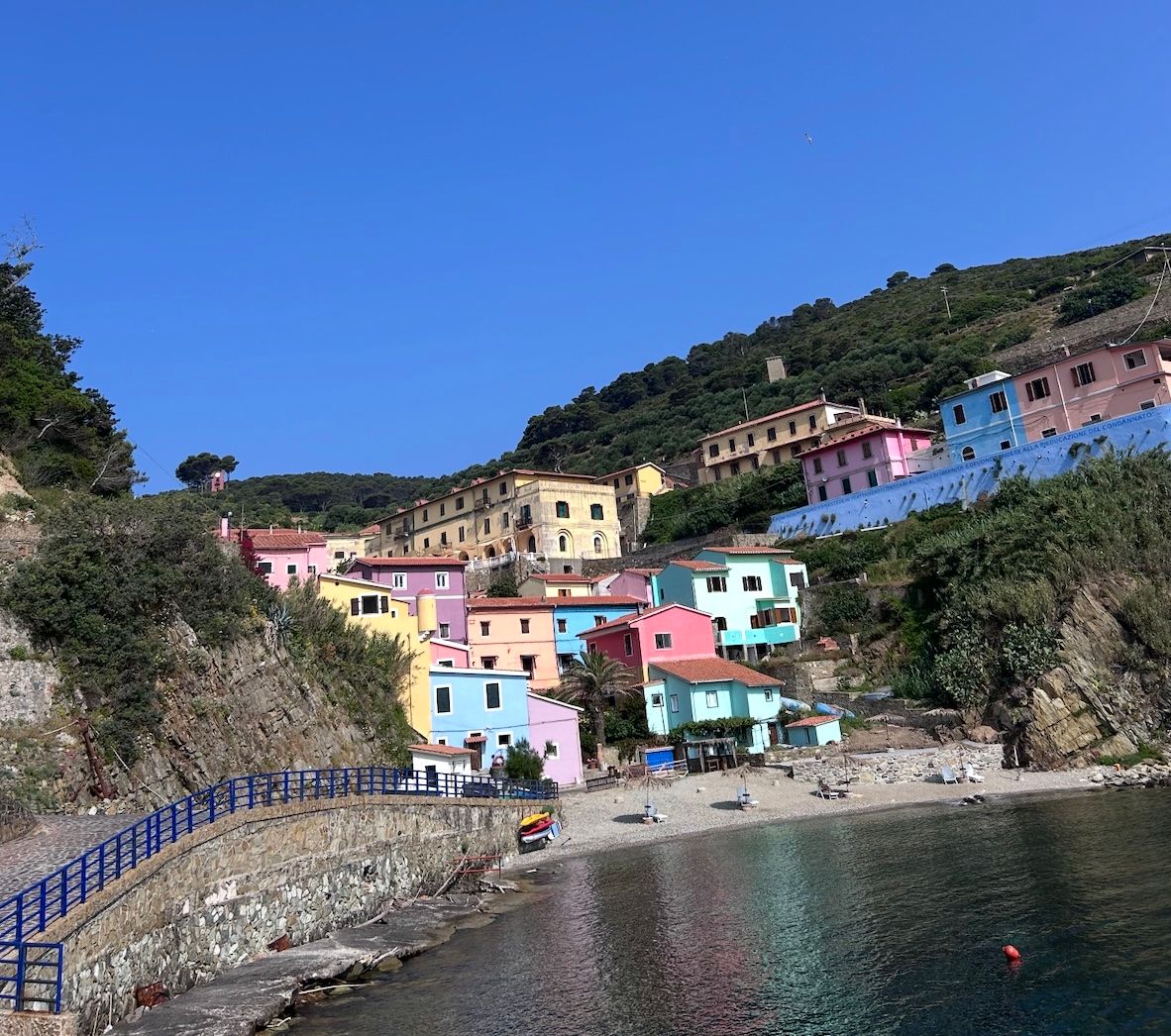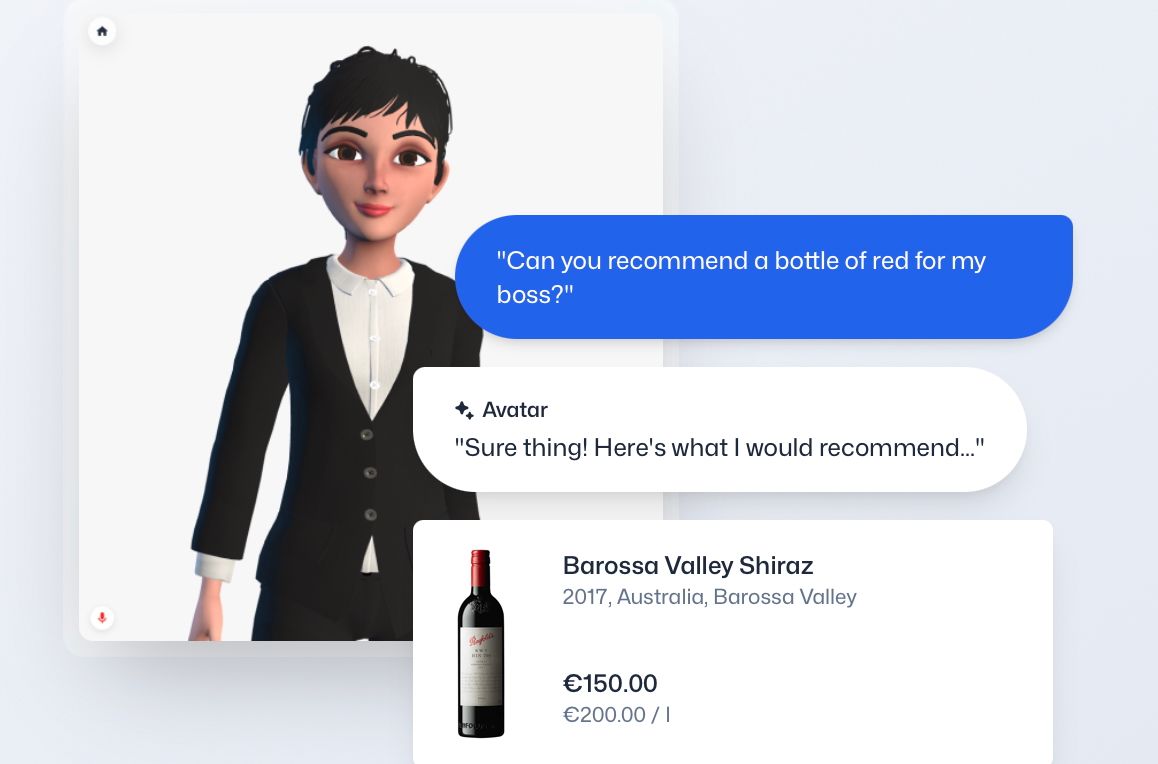“What advertising teaches you is the power of ideas to transform a business. When you’re working in advertising, helping a brand grow, you are acting like an entrepreneur.” It’s just one of Sir John Hegarty’s many memorable quotes from his time in advertising, but one that rings particularly true now he has his own vineyard, produces his own wine and is effectively an entrepreneur running his own wine business – Domaine de Chamans. In part one of an in-depth two part interview he talks about his journey into wine and what he has learned about being a wine producer. In part two he examines the problems he thinks the wine industry has and shares some of his advice on how to succeed in marketing and branding.
Sir John Hegarty is the journalist’s dream interviewee. You sit down with your list of pre-prepared questions based on his career as one of the UK’s, if not the world’s, most influential advertising creative figures – and now his more recent switch to becoming a wine producer – but within seconds the conversation takes off on its own far more interesting course.
In fact, you quickly feel like you are part of a brainstorming session as he takes a question, turns it around, to make a point far removed from the original line of enquiry. A bit like one of his agency’s famous sayings. “When the world zigs, zag.”
It’s not that he is not interested in what you want to ask him, it’s just he has so much more to say that you had not thought to ask.
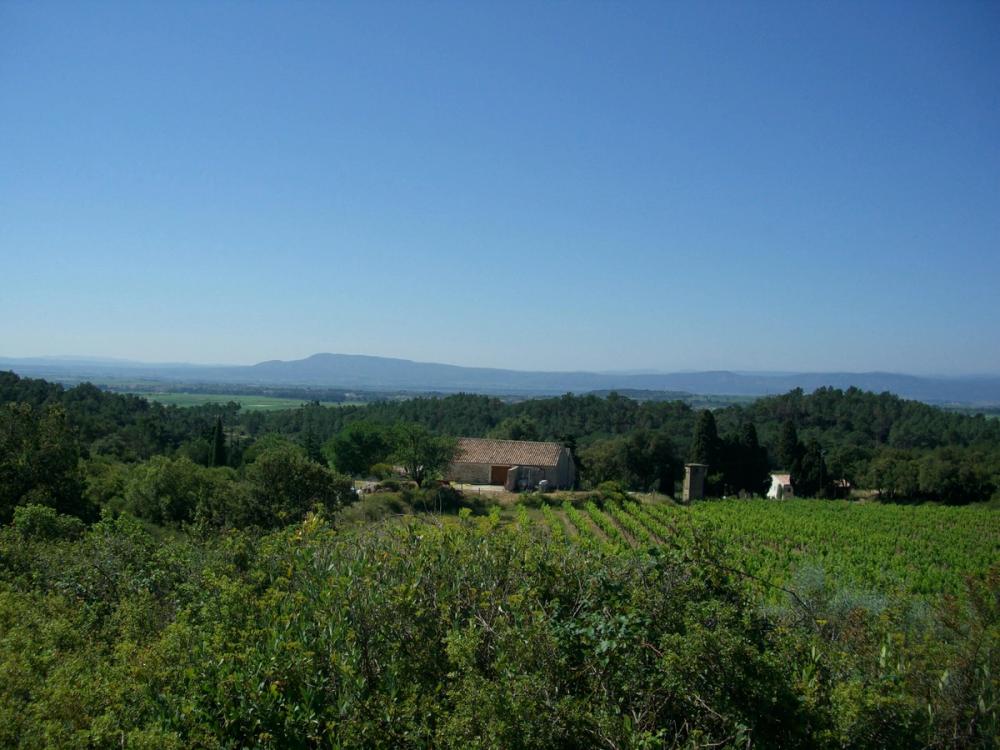
Sir John Hegarty’s Domaine de Chamans in the Languedoc is about to have its 21st vintage
Which is why, after a couple of false starts with distributors, he is particularly pleased to have signed up with Richard Ellison, founder of Wanderlust Wine, as Domaine de Chamans’ new UK partner.
Ellison, who came into the wine industry from a finance background, has built up a successful wine business on the basis of selling wine across all channels, be it direct to consumers, or into the on and off-trades, all at the same time. It’s an approach that chimes 100% with Hegarty who could never understand why he kept on being told if a wine was say in Oddbins it could not then be sold in a restaurant and vice versa.
“It was a hangover from old attitudes and was nonsense. I understand if I go into a restaurant it’s going to be marked up three times. I’m in a restaurant. In the same way the food has been marked up. The internet killed all that,” he says.
Or at least it should have done, which is why he finds Ellison and Wanderlust Wine such a refreshing business to work with.
“It’s always outsiders who create the difference, who look at things differently,” he says. “You can tell with people when you work with them how good they are. Instantly. He’s very much ‘I will do this and get this done’ and ‘you do that’ and I love that and I love working with people like that because they are just exciting. I am delighted we are with him.”
He adds: “Look at Elon Musk who comes in and says I will make an electric car better than anyone else. He’s an outsider who comes into the car industry and, all of a sudden, Tesla is worth more than every other car company put together. That’s remarkable. He had never made a car in his life and is now worth more than Toyota, Volkswagen, GM, you name it, put together. It’s incredible.
“That’s why outsiders are always very good for industries because they don’t come in with any pre-conceived ideas or prejudices.”
Vineyard with a purpose
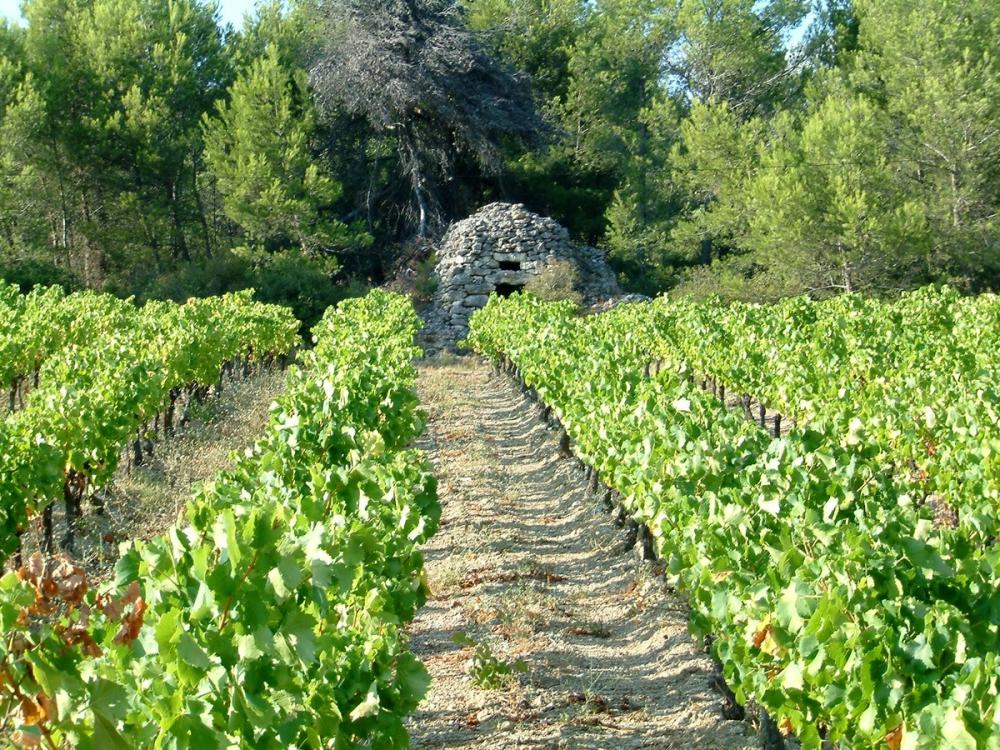
Sir John and his wife, Philippa, have learnt, adapted and grafted to make a success out of producing high quality, premium Languedoc wines at Domaine de Chamans
Hegarty, and his wife Philippa, were very much outsiders when they decided to venture into the world of wine by buying the 15 hectares of Domaine de Chamans, back in 2002, in the Minervois region of Languedoc. They are now looking forward to working on what will be their 21st vintage.
“I love that sense of being an outsider. Nobody gives a damn about what you did in advertising, they are not in the slightest bit interested. They just want to taste your wine – I like that.”
He admits buying a vineyard in rural France was an out of step move for a born and bred Londoner, who still lives in Clerkenwell in the heart of the city. “We live this very urban life, which we love, but were attracted to connect with the countryside.”
The Hegartys, though, quickly realised they did not want to buy a country home just to go and escape the city and relax reading books. It would be much more fun and engaging to go and do something – “and have a purpose”.
Which is when a friend introduced them to a vineyard investment business and the penny dropped. “That’s what we could do. A vineyard would give us the opportunity to work within nature. That’s how it came about,” he says.
He also loves wine: “I love the whole culture that surrounds it and the fact it is an agricultural product and isn’t made in a factory. It has all kind of wonderful things around it that make it a very, very special drink.”
Being a naturally free thinking, creative spirit it did not take long for Hegarty to realise he needed to make wine in an area of the world that gave him the freedom to do what he wanted – and not be tied down to rules and regulations. Which brought him pretty quickly to the Languedoc.
“We viewed numeous vineyards and settled on a wonderful property just outside Carcassonne. It was already an operating vineyard but was selling everything to the co-op, but had negotiated its exit.”
So whilst they could start making their own wine straight away they did not have any comprehensive records of the wines that had been made before. “We had to spend the first four or five years working out what was working and what wasn’t.” Which involved pulling out some vines and replanting them with others. “We have learnt so much ourselves and continue to do so,” he says.
Dancing with nature
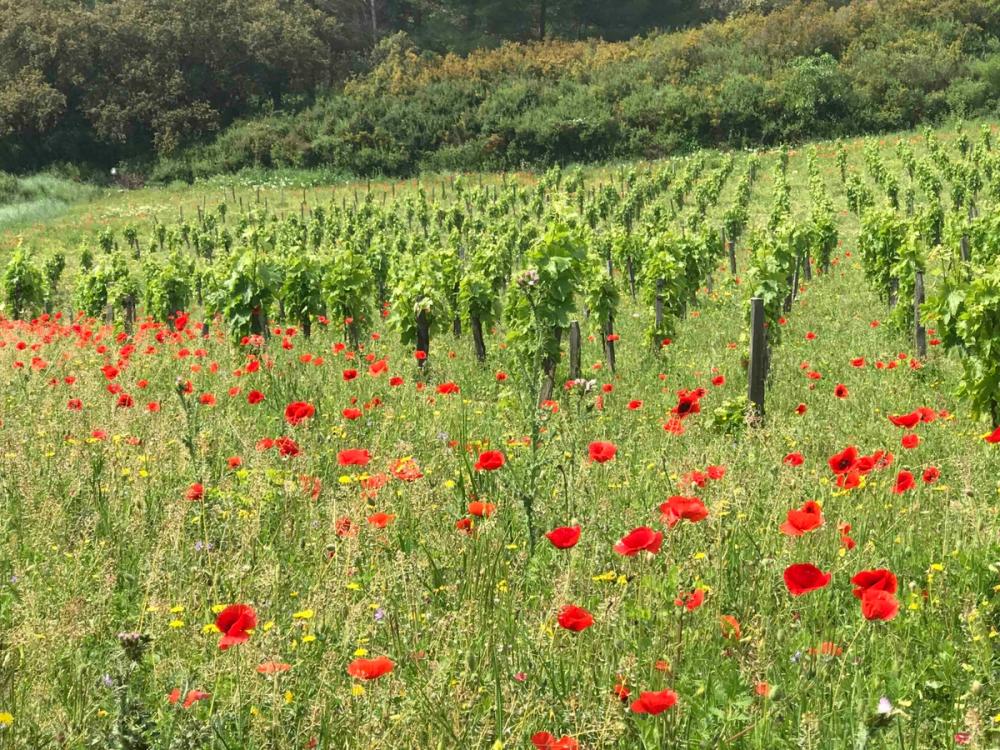
The Hegartys have been making wine organically and then biodynamically from the beginning of taking over Domaine de Chamans
The first thing you have to learn as as a novice wine producer is agriculture, he adds. “You really have to develop a relationship with nature. Humility is the most important thing you learn with winemaking because nature is going to decide if it is going to be an early, or late spring, or a boiling summer. You can’t control it and you have to relax about that.”
Which is why one of their first major decisions was to move “as quickly as they could” to being organic in 2008 and then a year later became biodynamic. “We thought that was absolutely the right thing to do and we did it before it became hugely trendy.”
Domaine Chamans is also surrounded by a nature reserve and forests and is ideally placed to benefit from a rich biodiversity, using biodynamic methods to further improve and protect the health of its soils and vines. It also has olive trees andbees to enhance the quality of its natural environment.
He feels strongly about having a sense of “placeness” which he sees as the closest word to terroir in the English language. “Trying to be as unique as you possibly can is very important. To work with the vineyard, to work with nature rather than trying to impose yourself on nature is fundamentally important.”
Or as he so beautifully puts it: “I describe myself as dancing with nature, but she’s calling the tune.”
He points to a “fabulous book” on Leonardo da Vinci by Walter Isaacson” in which Da Vinci explains why “whenever you have a problem, nature has the answer”. It’s why “Da Vinci looked to nature all the time and was so respectful of it”.
“We have lost that in the way we treat nature. We think we can govern and control it rather than work with it. Eventually nature will bite back.”
He sees himself “as a farmer” and follows the same farming principles as if he was growing cabbages and needs to give the land, its soils and environment all the respect and love it deserves.
Magic of winemaking
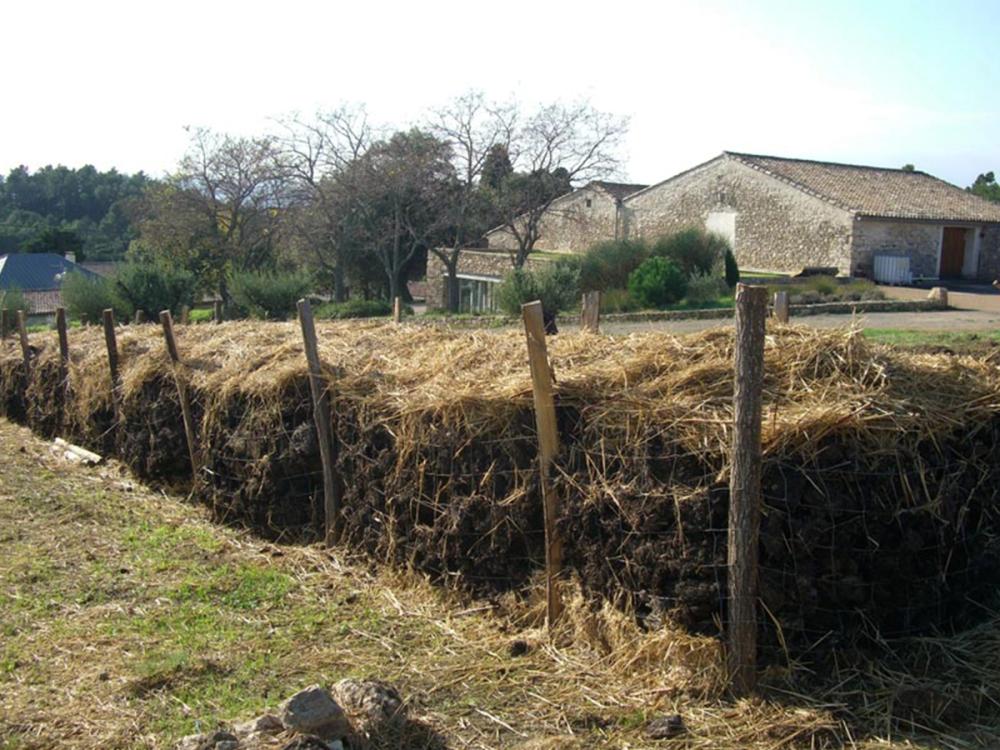
Biodynamic winemaking is very much part of the “magic” of wine that Sir John Hegarty finds so appealing
Hegarty is also very much drawn to the “magic” that happens somewhere along the line of picking grapes, and turning sugar into alcohol. “Why is one year better than the other?” he asks. “There is a kind of special magic that suddenly happens.”
He believes the wine industry would do itself a great favour if it “lost the mystery, but kept the magic”. “People want to hold on the mystery and I say no. Lose it. Keep the magic. The magic is special. The more I know about something, the more likely I am to engage with it.”
Which takes him back to the advertising world and the “magic” he says that can happen when making a filmed advert, versus working in print.
“The thing about film is you write a script and think it is good and interesting and then you turn that piece of paper into celluloid, and something happens, there is a sort of magic. I have experienced it and you think ‘Oh my god, that is amazing’. Can I bottle that? But no you can’t. It’s like a movie director, say Spielberg. One movie is genius, the next is sort of OK. It’s that constant search for magic that makes one thing great and another thing ordinary.”
Helping the Hegartys make the ‘magic’ happen at Domaine de Chamans is their winemaker and manager, Jessica Servet, who joined full time in 2010 having worked as an assistant to the previous winemaker.
He could not speak higher of what she brings to the wines and the vineyard. “There is a symbiotic relationship. There has to be trust on both sides, and that she is doing the right thing and picking at the right time.” He adds: “Do women make better winemakers than men? An interesting question. They certainly have more sensory perception.”
Trust your palate
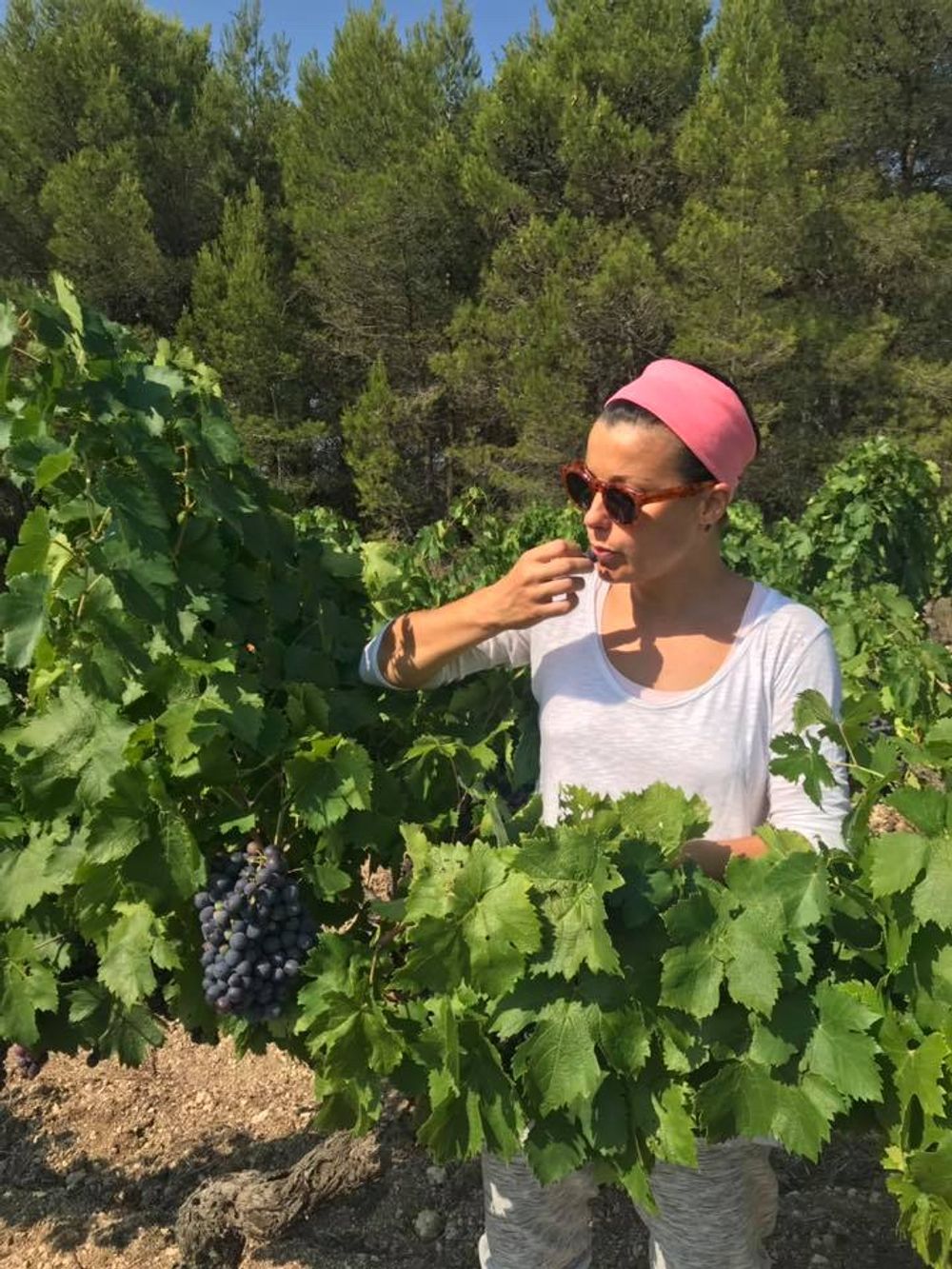
Jessica Chardron Servet has been winemaker at Domaine de Chamans since 2010
Hegarty recalls a conversation they had two vintages ago when Servet decided she wasn’t going to just rely on lab analysis for phenolic balance to tell her when to pick, but trust her own palate and instincts. “Which has to be the right way to go”, he stresses. “After all, it is the team at Domaine de Chamans that is putting their collective name to the wines, it’s not a print out from a laboratory.
“Would you like to drink it? It’s a very simple thing. You do things for yourself because you love them. When I used to run a creative department the first thing I said to all the teams when they came to show me their work was: ‘Do you love this?’ And if they said they ‘kind of liked it’ I would say go away and start again. Because at least you should know one person in the world thinks it is great.”
It’s an approach he is now following himself in making a name and reputation for his own wines.
“It’s simple principles. Make something you love. Make something to a quality not a price. And look to the long term and not the short term. The wine industry is a generational industry as you are only making wine once a year.”
Hegarty says he is very happy to be part of what he sees as the very “civilising” world of wine and says you only have to look at the economic and cultural impact that wine has in each of the major wine producing countries to see what a force for good winemaking is.
“That’s why I am very pleased about what is happening in the south of England with winemaking. It’s like what happened in New Zealand. People started to make great wine and they had to introduce new food and a new culture around eating and it had a profound impact. It is the same in Australia.”
Creating your own wine brand
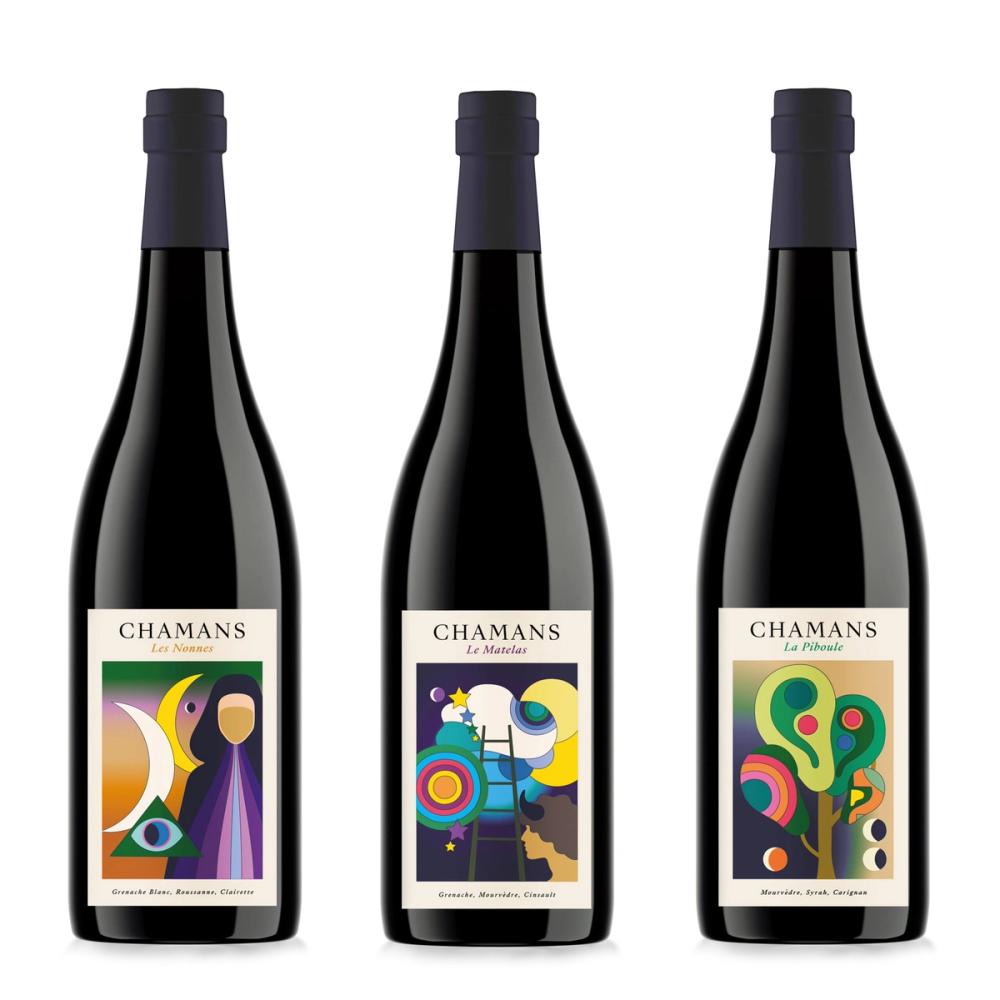
The fruits of all their labours – the Domaine de Chamans range with new labels
So how does an expert in advertising, branding and marketing go about coming up with a name, design and brand strategy for his own wine? Well, simple. You take the name of the property – Domaine de Chamans – and go with that.
“You could be quite cynical and invent something, but I wanted it to be true to where we are and what we are doing. I am trying to reflect that,” he says.
“For 20 years the wine was labelled as Hegarty Chamans, but I worked out my name wasn’t adding anything so I’ve taken it off and now it is just Chamans.”
“I wanted the wine to be more up front. I want the wine to be the hero and not me the owner. We used to say at BBH ‘we let the work do the talking’ and I want the wine to do the talking.”
The new look and labels have also coincided with the move to Wanderlust Wine and are now coming into the market. “Hegarty’s gone – and Chamans has taken over.”
Chamans actually translates as Shaman in French and he has decided to use that as the inspiration for the new label designs, particularly as it fits nicely with the fact its wines are biodynamic “and we adopt certain shamanic principles” in making the wines.
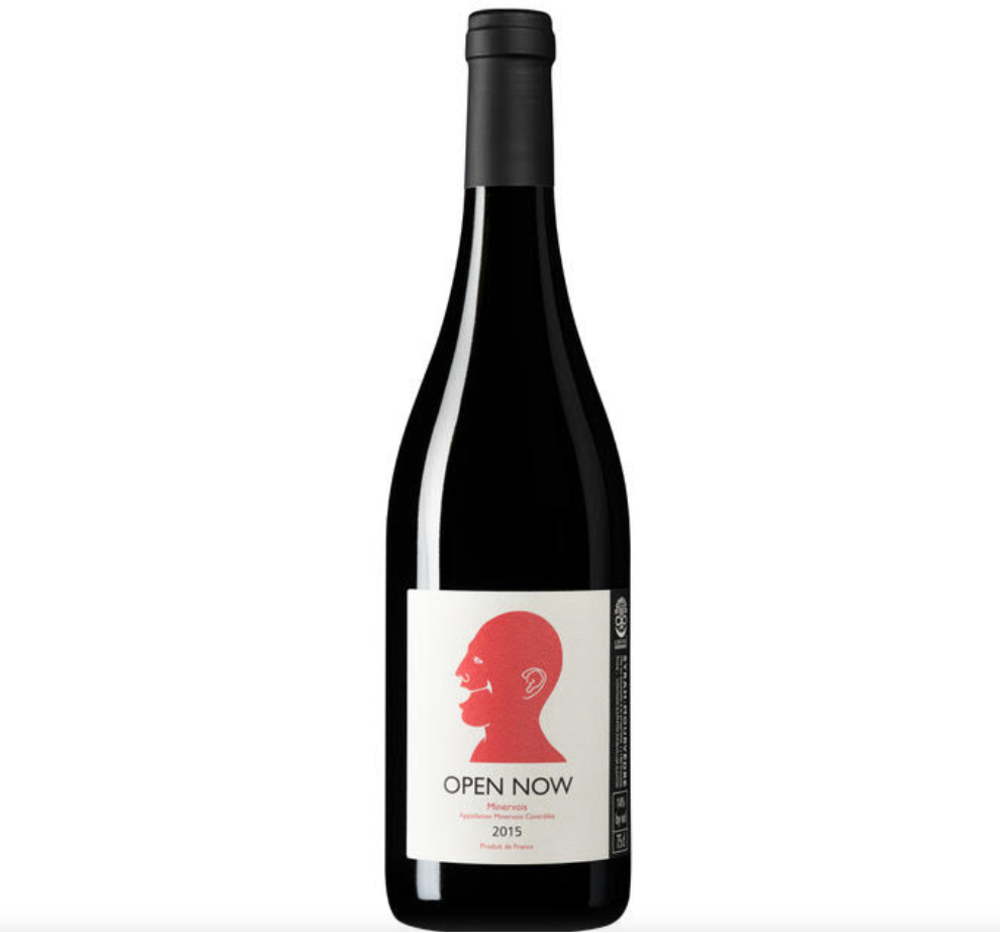
Does what it says on the tin…Open Now…
He has, though, created a sub brand called ‘Open Now’ which came out of the idea of doing a second wine, or “diffusion line” as he calls it.
The thinking process behind ‘Open Now’ went something like this: “I said who would I like to buy this wine and where would I like it to be? I would like it to be in a gastro pub talking toa younger audience. What would I like them to think about? Well, I would like them to reject all of the pomposity of the market and drink it now – which is how I got to ‘Open Now’.”
He says his most successful market for the brand is in Japan “They just love it .
Hegarty also produces an exclusive wine ‘Black Knight’ that is sold through Fine+Rare and a few select importers.He describes Fine+Rare as an inspirational company to work with as they “treat vineyard owners as partners, not suppliers”. Black Knight is a blend of Syrah, Carignan and Grenache from favoured plots of vines and only released in chosen vintages.
As our conversation weaves in and out of the worlds of wine and advertising you are struck by just how much Hegarty cares deeply by the industry he has made, literally, his second home.
- In part two of our in-depth interview with Sir John Hegarty we will examine the frustrations he has about a sector that always talks “price first rather than value” and the long term, systemic problems that has created for everyone in the wine supply chain and gives his own take on where he would like to see producers, importers, retailers and restaurants take the industry in the future.
- Find out more about the wines of Domaine de Chamans at its website here. They are available in the UK through Wanderlust Wine.
